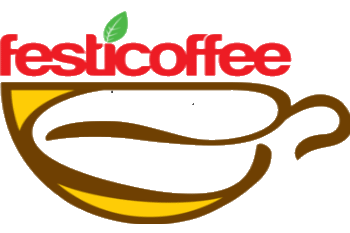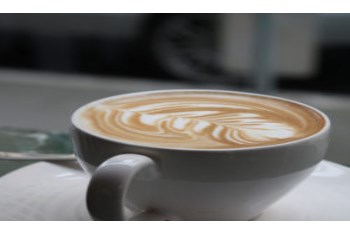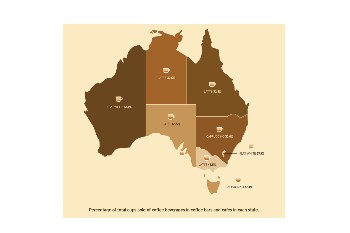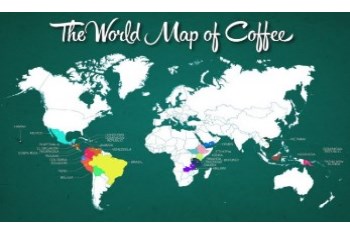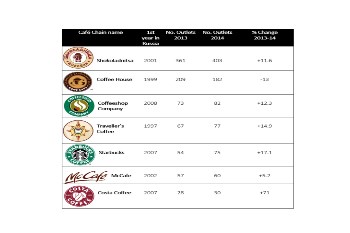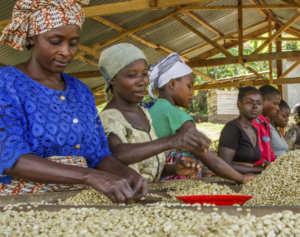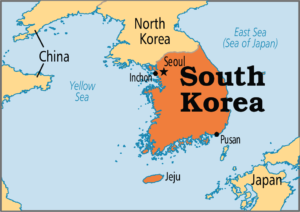Everyone, I suppose, knows the song “Gangnam style” the K-pop single by the South Korean rapper Psy that on December 2012 became the first YouTube video to reach one billion views. Well, this song satirized “a classy girl who know how to enjoy the freedom of a cup of coffee”. In these words, all what is going on in South Korea: Coffee has become a powerful indicator of class status symbol. Moreover, coffee is the number one beverage in the country (53% of the total drink market) and has even surpassed the demand for “kimchi”, South Korea’s national dish (according to a study by the International Business Times).
On average, the study showed, South Koreans drink coffee 12.2 times per week; they eat “kimchi”, a mix of fermented vegetables that has been a part of the Korean diet since the 1500s, 11.9 times per week and white rice only 6.9 times per week. To drink a fresh bean coffee is not always cheap. In Seoul, a “cup of Joe (COJ)” is more expensive than in the U.S. (about $3.80 against $2.25 on average).[Sign in to continue]
